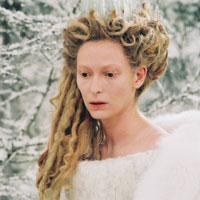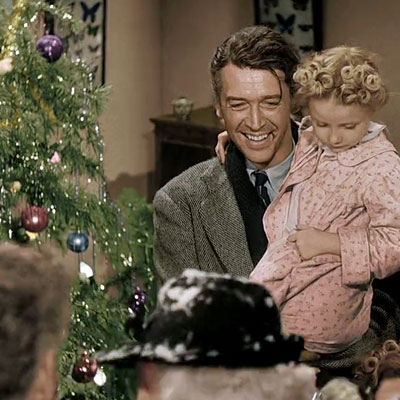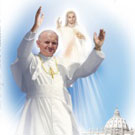I was nine years old when I read C. S. Lewis’ The Lion, the Witch and the Wardrobe. I can still remember the dread which these words carried:
“I’m crying because I’m such a bad Faun,” sobbed Mr Tumnus. “I’m in the pay of the White Witch.”
“The White Witch? Who is she?”
“Why, it is she that has got all Narnia under her thumb. It’s she that makes it always winter. Always winter, and never Christmas; think of that!”
Always winter and never Christmas! I did think of that, with all the horror a nine-year-old can conjure. Even now, the idea stops me in my tracks (which is admittedly odd, considering our antipodean winters are always Christmas-free).
Perhaps Pope Francis was channelling C. S. Lewis when he recently declared, “There are Christians whose lives seem like Lent without Easter.” Lent without Easter. There’s another idea which must fill children with dread!
It’s no coincidence that Lent is forty days, and Easter is fifty. That’s forty days of fasting, followed by fifty days of feasting.
To feast is to welcome and approve the luxury of excess. We eat and drink too much; we laugh too much; we even sing too much. Feasting does not frown on excess. It embraces excess with intemperate merriment.
Feasting and excess are closely linked to joy. Joy is never temperate. That’s an oxymoron. It’s always and everywhere excessive, and it’s necessary to connect with the transcendent. We need festivals, festivities and feasts, because we need to express our joy — and our gratitude — for life and love.
Feasting is something Christians should heartily endorse, but maybe there’s a secret Puritan lurking in each of us. The Puritans foreshadowed Narnia’s White Witch by outlawing the feast of Christmas first in England and later in the American colonies. Christians have since re-claimed the feast and the practice of feasting, but the spectacle of modern-day excess might undermine that progress.
The unprecedented prosperity of the modern world lends itself to excess, and the consumer economy depends on it. Consumerism exploits the poor and diminishes the spiritual life, so it’s clearly incompatible with the Christian worldview. But there’s a danger that in rejecting consumer excess, we reject feasting too.
Josef Pieper, a twentieth-century German philosopher, proposed in Leisure: the Basis of Culture that feasting and excess are essential to Christian worship. Moreover, he argued that Christian puritanism only feeds consumerism. If we have no time to give thanks for what we have and who we are, we become engrossed with acquiring more and joining the rat race. “Cut off from worship of the divine,” he warns, “leisure becomes laziness and work inhuman.”
When was the last time you gave yourself permission to do something purely for the joy of it? That’s the essence of feasting, and it’s what we’re called to do in Easter.
Many Christians observe the forty days of Lent by “giving something up.” Small acts of self-denial can unite us with Christ on the cross, and help us to foster detachment.
It’s not implausible to observe the fifty days of Easter by “taking something up.” Something which puts a smile on our face. It might be as simple as deliberately indulging at a café or pub with a friend, or taking the family to the cinema.
The excess of feasting can express the joy of faith, which can in turn help us to attract others to Christ. And feasting reminds us that there is more to life than work, and more to love than pleasure.
The Lord is risen! He is risen, indeed.





Amen to this, Father John! In the Easter season I can enjoy a glass of sav blanc on Friday evenings and merrily demolish three or four little chocolate eggs mid-afternoon because it’s still celebration time!
Fr John, Christmas is the day when Our Lord Jesus Christ came into the world as a baby. So, there cannot be Lent and Easter without Christmas. Christmas is that beautiful time of the year when all Christians celebrate the Birthday of Baby Jesus. It is a time for joy and for celebration. Then, comes Lent when it is a time for penance and for reflection and a time for inward looking and reconciliation. Easter comes with a bang, when the stone is rolled away and Our Lord Jesus Christ rises from the dead. Victorious is the Risen Lord and so are all Christians. Now is the time for us Victorious Christians to celebrate and to spread the Good News that Our Lord Jesus Christ is risen. A hymn comes to mind : IS GOD DEAD? No, No, No. God’s not dead. He is Alive. Well, Our Lord Jesus Christ is alive in us and He reaches out to the World through us. Yes Fr John the excess of feasting can express the joy of faith which in turn can help us attract others to Christ. And feasting reminds us that there is more to life than work and more to love than pleasure. Well done, Fr John.
“In Catholicism, the pint, the pipe and the Cross can all fit together”. GK Chesterton
One more thing to love and appreciate about the True Faith!